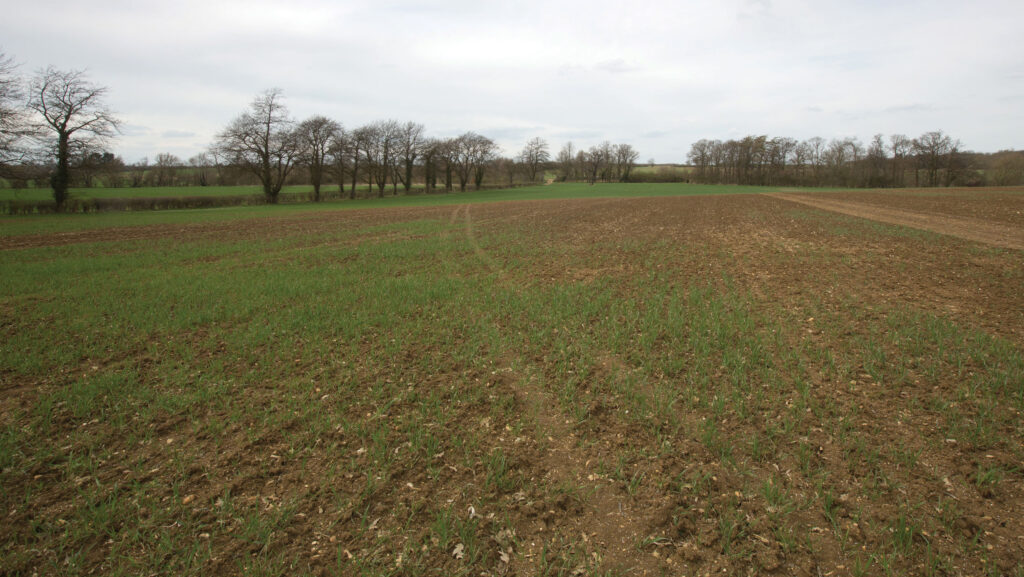Dismal UK crop conditions bolster new season wheat premium
 © Tim Scrivener
© Tim Scrivener An inflated premium has emerged for new crop cereals over current old-crop prices, with the November feed wheat futures contract now trading £22/t ahead of May values.
There is a tight UK production forecast for the year ahead, with a reduced planted area, increased disease risk and poor crop conditions all supporting new crop prices, while demand for old crop at present remains reasonably lacklustre.
Just 34% of GB winter wheat was rated as in a “good” or “excellent” condition at the end of March, compared with 90% at this time last year, according to the AHDB crop conditions survey.
AHDB analysts said: “At this stage of spring, we may not have experienced such a poor looking crop in living memory. Wheat regularly astounds on its ability to recover from poor winters; this year will be a major test of this ability.”
See also: AHDB funding gap as fewer plantings hits levy income
Similarly, it found that only 38% of winter barley was rated as in a “good” or “excellent” condition, compared with 92% last year.
The AHDB-commissioned survey, collated by the Andersons Centre, also indicated much lower ratings for winter oats (37% good or excellent) and winter oilseed rape (31% good or excellent).
Delays
Spring plantings have been severely delayed across many regions of the UK. However, there has been a slight uplift in drilling in the past week.
The report said: “Some seeds will be going into a wholly unsuitable seed-bed, having been drenched for six months, so will now be anaerobic and cold.
“The seed-beds may have also suffered after a failed winter crop, and heavy implements disrupted the already unstable soil structure. Time will tell how well the soils recuperate and how well seeds germinate.”
Cefetra grain origination manager Simon Wilcox told Farmers Weekly the lack of spring drilling progress was very concerning, and even on good, well-draining land farmers were struggling to plant spring crops.
He added that, with the notable premium for new crop, farmers should be considering locking in some sales at these prices as the premium could disappear later in the year.
November futures peaked at almost £200/t last week, but has since dropped back slightly.
Ceiling
Grain industry adviser Richard Whitlock reported that an increase in wheat imports to 2m tonnes would keep a ceiling on UK prices as the shortfall of domestic bread wheat affected the balance sheet.
He added: “A lack of exports for feed/low grade milling is limiting any price increases as the season progresses. Increased imports of maize are also keeping a lid on domestic feed grain prices.”
CRM AgriCommodities has valued UK wheat at an average £188/t during the second quarter of 2024 and says there is more upside potential for markets. However, it suggested that larger stocks on farm could limit the extent of any rallies.
